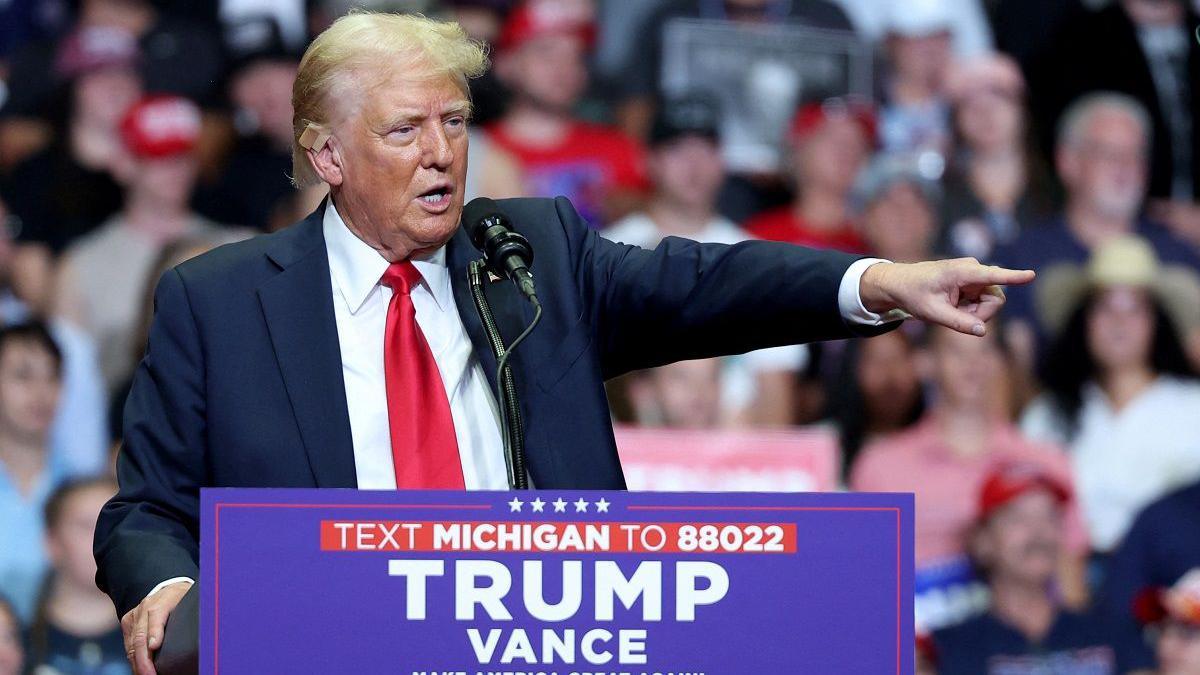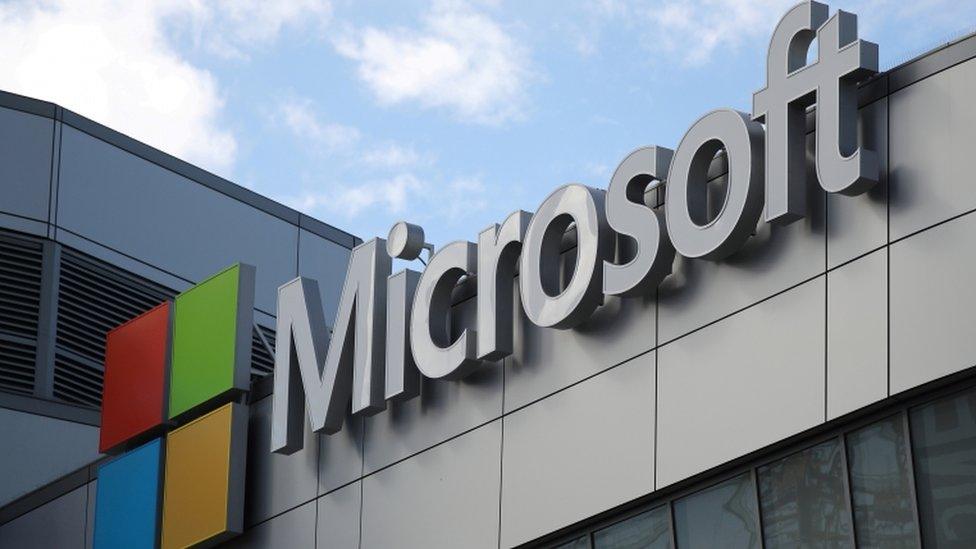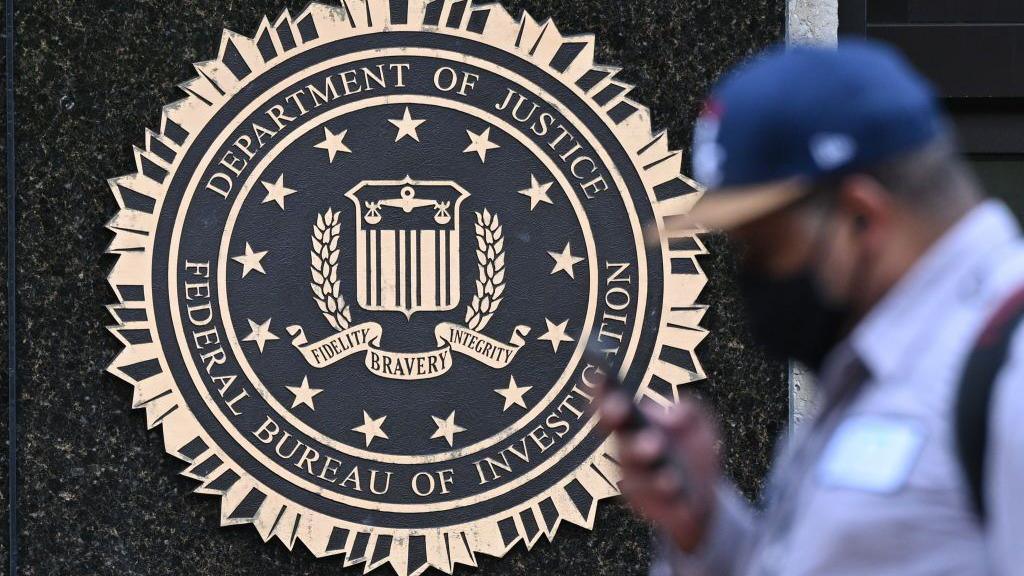Trump campaign says its internal messages hacked by Iran

- Published
Donald Trump’s campaign has said some of its internal communications have been hacked and suggested it was targeted by Iranian operatives.
US news website Politico reported on Saturday that it had been emailed campaign documents including internal research carried out on Trump’s running mate, Ohio Senator JD Vance.
A Trump campaign spokesman told the BBC the documents were illegally obtained by "foreign sources hostile to the United States". In a statement to US media, Iranian officials denied any connection to the hack.
Politico said it had confirmed the authenticity of the documents. The BBC has not independently verified the claims.
The Trump campaign did not give any further details or any evidence linking the document leak to Iranian hackers or the Iranian government.
The Federal Bureau of Investigation (FBI) said on Monday that it is investigating the incident.
The Trump campaign statement came one day after Microsoft released a report indicating that Iranian hackers targeted the campaign of an unnamed US presidential candidate in June.
Microsoft’s Threat Analysis Center (MTAC) said that the campaign was sent a spear phishing email – a message designed to look trustworthy in order to get the target to click on a malicious link.
“Over the past several months, we have seen the emergence of significant influence activity by Iranian actors,” the MTAC report said.
Trump campaign spokesperson Steven Cheung said the June hacking attempt mentioned in the MTAC report “coincides with the close timing of President Trump’s selection of a vice presidential nominee".
“The Iranians know that President Trump will stop their reign of terror just like he did in his first four years in the White House,” Mr Cheung said.
He said the hack was "intended to interfere with the 2024 election".
A spokesman for Iran’s permanent mission to the United Nations said in a statement to the Washington Post: “We do not accord any credence to such reports.
"The Iranian Government neither possesses nor harbors any intent or motive to interfere in the United States presidential election."
Politico said that in late July it began receiving emails from a person who identified themselves only as “Robert” using an AOL email account.
The news outlet said the Vance file was 271 pages long and based on publicly available information about Vance’s past record and statements. The email account also sent part of a research document about Florida Senator Marco Rubio, who was also a vice presidential contender, it said.
Presidential campaigns routinely research potential vice-presidential nominees in order to ferret out any potentially embarrassing revelations. Politico reported that some of Mr Vance's previous - and well-known - criticisms of Trump were labelled in the document as "potential vulnerabilities".
The Microsoft report noted: "Iranian cyber-enabled influence operations have been a consistent feature of at least the last three US election cycles."
Microsoft had released a similar report during the 2020 election saying Iranian hackers had targeted presidential campaigns.
US security sources have also warned of an Iranian plot to assassinate Trump, unconnected to last month’s attempted shooting in Pennsylvania. And on Tuesday, the US justice department charged a Pakistani man alleged to have ties to Iran with plotting to assassinate US officials, potentially including the former president.
- Published4 October 2019

- Published6 August 2024

- Published4 March
